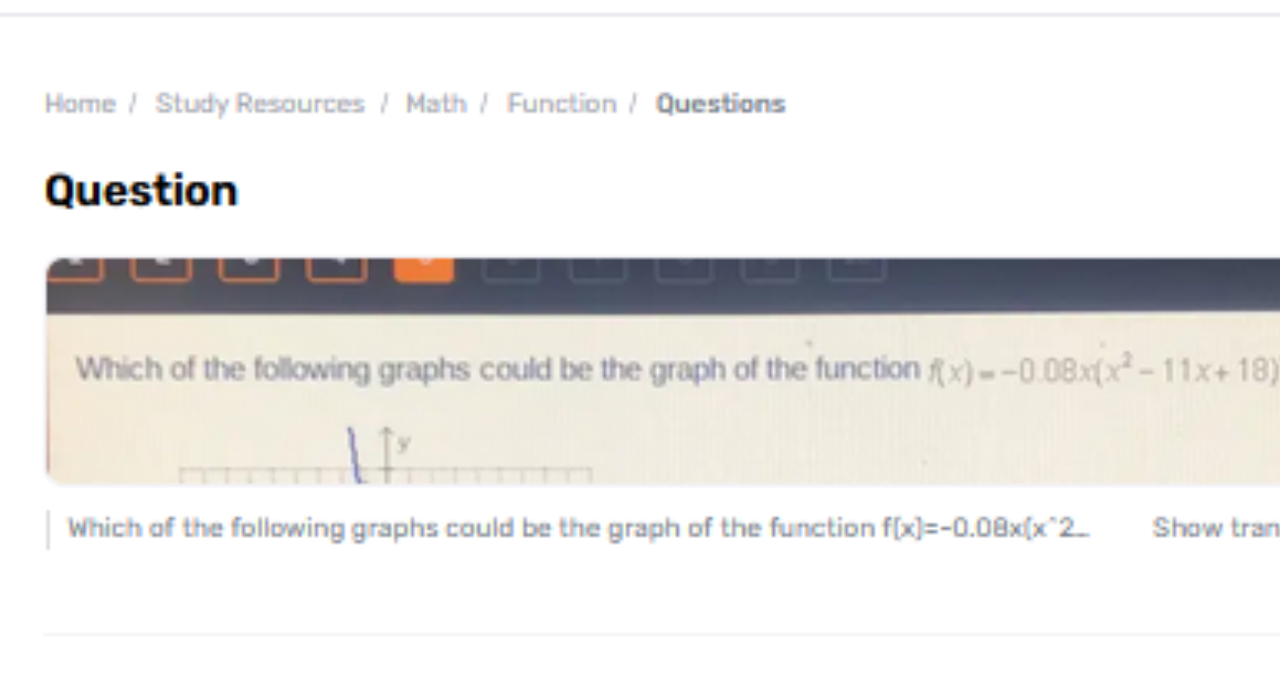The expression why was the mathematician late for work frequently serves as the setup for a funny account or joke that plays on scientific concepts and phrasing. This sort of address not as it were gives a light-hearted take on the subject of science but moreover welcomes a more profound see of how humor can meet with specialized disciplines. To reply to this address successfully, we must investigate the conceivable funny setting behind the mathematician's lateness and get how numerical concepts can be cleverly woven into regular scenarios.
Why the Mathematician Got Late for Work?
The address "Why was the mathematician late for work?" is frequently a setup for humor that consolidates numerical concepts and phrasing into ordinary scenarios. The humor ordinarily emerges from intelligent quips or wit that joins numerical thoughts with unremarkable issues, such as delay. These jokes play on generalizations approximately mathematicians being ingested in complex contemplations, which amusingly leads to viable issues. Through this comedic focal point, scientific language is amusingly connected to conventional life circumstances, highlighting the perky crossing point of math and humor.
The Funny Context
The humor within the address ordinarily emerges from the utilization of numerical language or concepts in a non-mathematical setting. Jokes about mathematicians being late regularly include quips or pleasantry that relate to scientific terms. For occasion, the punchline might spin around a scientific issue or concept that allegorically or truly clarifies the delay. This kind of humor leverages the audience's nature with scientific standards to make a comedic impact, turning a specialized circumstance into a source of entertainment.
Numerical Concepts and Plays on Words
One common punchline for this address includes a play on words related to numerical concepts. For illustration, a classic reaction may well: be The mathematician was late for work because he could discover the square root of his delay. This joke plays on the scientific term "square root," which may be a principal concept in arithmetic including the assurance of a number that, when increased by itself, gives an indicated value. By using this term in a non-mathematical setting, the joke makes an amusing association between scientific operations and regular issues like being late.
Relating Science to Standard of Living
The humor in these sorts of jokes is regularly determined from the juxtaposition of complex numerical thoughts with ordinary life circumstances. This differentiation highlights the craziness of applying perplexing scientific concepts to basic, ordinary issues. For occasion, another punchline can be: The mathematician was late since he was caught in a paradox. Here, the term paradox alludes to an explanation that negates itself or opposes rationale, outlining how an excessively complicated clarification is amusingly connected to a common circumstance like delay.
The Part of Generalizations
Humor around mathematicians being late can also play on generalizations around mathematicians and their seen characteristics. Characteristically, mathematicians are regularly depicted as being so ingested in uniqueness considering that they are oblivious to down-to-earth things such as time. Jokes that depict mathematicians as being late due to their distraction with scientific issues tap into this generalization, making a comedic situation where their skill in unique concepts unexpectedly comes about in ordinary wasteful aspects.
Steps for Tending to a Gauth Inquiry
1. Examine the Request:
Distinguish the focus setup, utilization, administration, or investigation.
2. Gather Data: Survey
Gauth official assets and common issues.
3. Craft the Reaction:
Organize key steps clearly and concisely.
4. Verify and Alter:
Guarantee exactness and refinement for clarity and brevity.

Conclusion
The address Why was the mathematician late for work? serves as a lock passage point into a funny investigation of science and its crossing point with the standard of living. The humor ordinarily depends on intelligent wit and plays on words related to numerical concepts, outlining how specialized language can be amusingly adjusted to common circumstances. By analyzing these jokes, we pick up an understanding of how arithmetic can be both a genuine field of ponder and a source of light-hearted humor. Eventually, these accounts highlight the lively side of science and the inventive ways in which numerical concepts can be utilized to engage and lock in gatherings of people.


